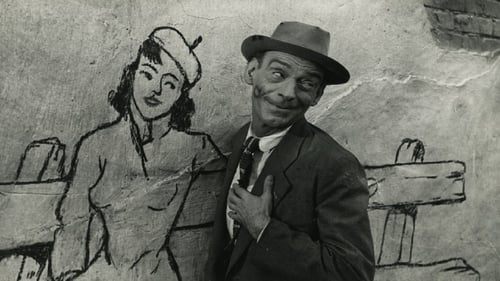
Hompola

The satiric film, interlarded with burlesque elements is the caricature of the petty bourgeois. The hero, Kotlár spends even his holiday with his boss by jogging, in order to learn whether he will be nominated for head of department or not.

Mókuska

Jóska a csodacsatár
Cabinet crisis threatens in Futbólia, due to a series of lost matches. The head of state charges admiral Duca with the task, as a last chance, to get hold of the football star of the Hungarian team presently playing in Switzerland.

prison guard

Laci
Marci is drafted from a typical block building in the 6th district in Pest. He says good-bye to Juli living in the same house, with whom they are both very much fond of each other, but neither of them makes a confession. Juli works in a factory, and with her friend Gizus she goes out in the evening for dancing and drinking. After a year, Marci comes back for holiday, he is full of love.

Müller
On the Spring of 1945 the Jackson circus is heading towards the border with the clown Peti and Aida, the elephant. They have to play for the Hungarian Fascists, while Peti is hiding the Jew Annuska and Sanyika.

Balogh
Kiskrajcár is a 1953 Hungarian film directed by Márton Keleti. It was entered into the 1954 Cannes Film Festival.

Sóvágó

Gyuszi
Kis Katalin and Varga Jóska are getting married. During their honeymoon they are preparing plans for the future. Katalin, however, seems to lag behind both in her studies and the work competition, becoming a couch potato version of a wife. Jóska, instead of trying to help, does nothing else than his work.

Swing Tóni
"Silver lute", the choral society of the Vác Engine Works, led by Réz, the conductor, is preparing for its 25th anniversary. All the important members of the society, among them Seregély, a magician, are, at the same time, all "fathers" of Zsóka, daughter of a former colleague, who has been killed in an accident, and whom they then adopted.

Gypsy musician

A female worker in Socialist Hungary gains the acceptance of her male colleagues.

Kolumbács,Izabella võlegénye
1h 35min | 21 October 1948 (Hungary)






